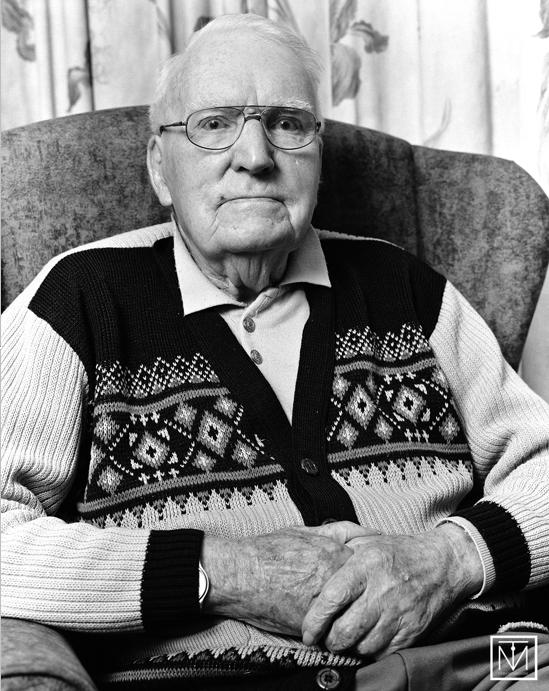[dropcap style=”font-size:100px; color:#992211;”]M[/dropcap]ulling over those old holidays and events can keep the brain fresh into old-age just as well as endless Sudoku and crossword puzzles.
For the benefit of millennials: Yes, people really did go on holiday and have events before Instagram – although it’s anyone’s guess why someone would do such a thing.
To solve a mental puzzle, the brain’s executive control network for externally focused, goal-oriented thinking must activate, while the network for internally directed thinking like daydreaming must be turned down to avoid interference – or so we thought.
New research led by Cornell University neuroscientist Nathan Spreng shows for the first time that engaging brain areas linked to so-called “off-task” mental activities (such as mind-wandering and reminiscing) can actually boost performance on some challenging mental tasks. The results advance our understanding of how externally and internally focused neural networks interact to facilitate complex thought, the authors say.
[quote]participants were faster and more
accurate when matching famous faces than
when matching anonymous faces[/quote]
“The prevailing view is that activating brain regions referred to as the default network impairs performance on attention-demanding tasks because this network is associated with behaviors such as mind-wandering,” said Spreng. “Our study is the first to demonstrate the opposite – that engaging the default network can also improve performance.”
There are plenty of neuroimaging studies showing that default network activation interferes with complex mental tasks – but in most, Spreng explained, the mental processes associated with default network conflict with task goals. If you start thinking about what you did last weekend while taking notes during a lecture, for example, your note-taking and ability to keep up will suffer.
Spreng and his team developed a new approach in which off-task processes such as reminiscing can support rather than conflict with the aims of the experimental task. Their novel task, “famous faces n-back,” tests whether accessing long-term memory about famous people, which typically engages default network brain regions, can support short-term memory performance, which typically engages executive control regions.
While undergoing brain scanning, 36 young adults viewed sets of famous and anonymous faces in sequence and were asked to identify whether the current face matched the one presented two faces back. The team found participants were faster and more accurate when matching famous faces than when matching anonymous faces and that this better short-term memory performance was associated with greater activity in the default network. The results show that activity in the default brain regions can support performance on goal-directed tasks when task demands align with processes supported by the default network, the authors say.
“Outside the laboratory, pursuing goals involves processing information filled with personal meaning – knowledge about past experiences, motivations, future plans and social context,” Spreng said. “Our study suggests that the default network and executive control networks dynamically interact to facilitate an ongoing dialogue between the pursuit of external goals and internal meaning.”
Source: Cornell University
Photo: Carl Byron Batson. Not to be reproduced without express prior permission.

Some of the news that we find inspiring, diverting, wrong or so very right.





















